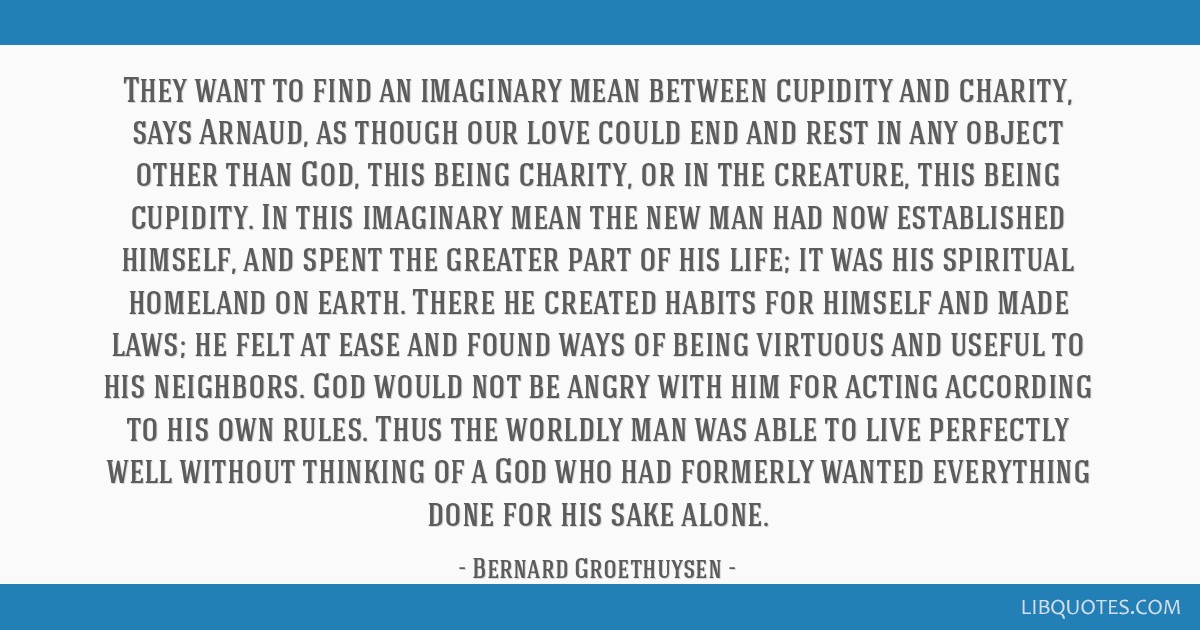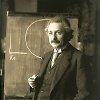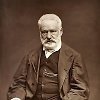They want to find an imaginary mean between cupidity and charity, says Arnaud, as though our love could end and rest in any object other than God, this being charity, or in the creature, this being cupidity. In this imaginary mean the new man had now established himself, and spent the greater part of his life; it was his spiritual homeland on earth. There he created habits for himself and made laws; he felt at ease and found ways of being virtuous and useful to his neighbors. God would not be angry with him for acting according to his own rules. Thus the worldly man was able to live perfectly well without thinking of a God who had formerly wanted everything done for his sake alone.
pp. 121-122 - The Bourgeois: Catholicism vs. Capitalism in Eighteenth-Century France (1927)























